Glucocorticoids are a whole group of steroid hormoneswhich are of natural and synthetic origin. In the human body, these biochemical compounds are produced by the adrenal cortex, being the basis for the further transformation of other biologically active substances.
In medicine, glucocorticoids are indicated for use in patients with adrenal insufficiency, whose endocrine system is unable to produce the steroid hormone cortisol.
Also, on their basis, drugs are created that have anti-inflammatory, anti-shock, immunosuppressive, antihistamine properties. The therapeutic use of glucocorticoids dates back to the 40s of the last century.
Record content:
-
1 Mechanism of action and properties of GCS
- 1.1 Carbohydrate metabolism
- 1.2 Protein metabolism
- 1.3 Lipid metabolism
- 1.4 Water-salt exchange
- 1.5 Corpuscular elements of blood
- 1.6 Anti-stress action
- 1.7 Permissive action
-
2 Classification
- 2.1 Natural
- 2.2 Synthetic
- 3 Indications for use
- 4 Contraindications
- 5 Side effects and overdose
-
6 Features of appointment
- 6.1 For children
- 6.2 During pregnancy and hepatitis B
- 6.3 For allergies
- 6.4 With psoriasis
- 6.5 With asthma
- 7 Drug interactions
- 8 Glucocorticoid withdrawal rules
- 9 Conditions of dispensing from pharmacies
-
10 Preparations, which include GCS, their prices
- 10.1 For indoor use
- 10.2 For injection
- 10.3 For topical use (topical)
- 10.4 For inhalation
- 11 Video about GKS
Mechanism of action and properties of GCS
Glucocorticoids have a broad spectrum of action. Getting into human blood, these substances saturate the tissues of internal organs, take direct participation in metabolic processes, stimulate the functional activity of the peripheral and central nervous systems.
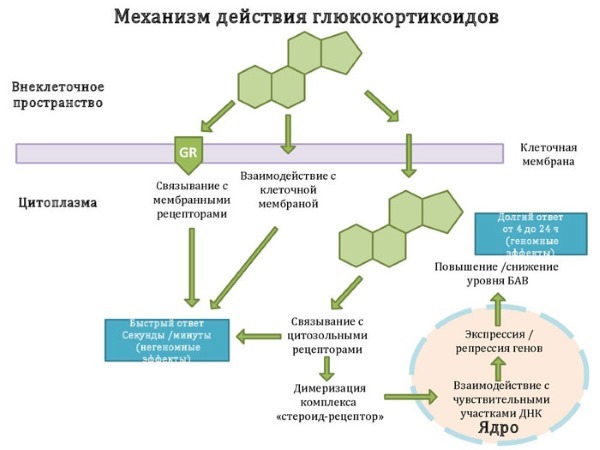
The presence of an optimal and physiologically normal level of glucocorticoids is a guarantee of stable functioning of the whole organism. In this regard, these steroid hormones are indicated for use in most diseases of inflammatory, allergic, dermatological etiology.
Carbohydrate metabolism
Glucocorticoids have a pronounced effect on the metabolism of simple and complex carbohydrates. These hormones stimulate active gluconeogenesis in the structure of liver tissue, which increases the level of glucose in the blood. There is a rapid accumulation of large amounts of glycogen, which is used as a source of fast energy.
Thanks to glucocorticoids, a person always feels a surge of vitality, does not feel severe physical fatigue, even under conditions of prolonged exertion or lack of stable nutrition. With an increased level of steroid hormones of this type, the development of glucosuria is possible, which is extremely dangerous to health.
Protein metabolism
Glucocorticoids inhibit the natural synthesis of protein compounds, which leads to atrophic processes in the structure of the skin, slower regeneration of damaged tissues, long-term healing of deep wounds.
Steroid hormones accelerate protein catabolism. People with hyperactivity of the adrenal cortex and high levels of glucocorticoids in the blood have pronounced muscle atrophy, unhealthy and darker skin.
Lipid metabolism
A distinctive feature of glucocorticoids is that they have a direct effect on lipid metabolism in the human body. Hormones of this group contribute to the rapid accumulation of adipose tissue with its uneven distribution.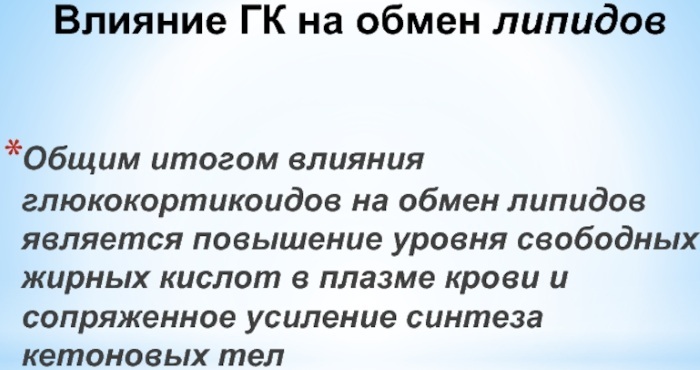
Overweight is concentrated exclusively in the shoulder girdle, face (moon-shaped facial disc), and abdomen. At the same time, the rest of the musculoskeletal system can remain quite thin, which makes a person aesthetically unattractive, and his individual parts of the body disproportionate.
Water-salt exchange
Glucocorticoids (indications for the use of synthetic hormones are described in the instructions of their manufacturer) have the property of increasing the reabsorption of the renal tubules, which is manifested by the retention of sodium salts and liquids.
Due to this, they actively accumulate in all tissues of the human body. At the same time, steroid hormones promote the excretion of potassium, which is utilized in the urine.
This property of glucocorticoids negatively affects the functional state of the heart, the person looks edematous, the functional load on the organs of the cardiovascular system increases. Steroid hormones of this group reduce the quality of calcium absorption by the intestinal walls, which can lead to hypocalcemia and even osteoporosis.
Corpuscular elements of blood
Clinical studies have shown that even a single intake of small doses of synthetic glucocorticoids leads to a change in the cellular composition of the blood. Steroid hormones cause a rapid decrease in the concentration of monocytes, basophils, eosinophils, and lymphocytes. This property of glucocorticoids is especially clearly reflected in the parameters of peripheral blood.
At the same time, signs of neutrophilic leukocytosis with a rapid increase in the level of erythrocytes are simultaneously observed. With long-term course therapy, these properties of these steroid hormones only increase, which requires regular blood tests to control its cellular composition.
Anti-stress action
Glucocorticoids have a powerful anti-shock effect and help the human body to quickly adapt to stressful situations that have arisen in the environment. Steroid hormones allow you to survive severe trauma, strong emotional disturbances and various kinds of psycho-emotional shocks, profuse blood loss, and reduce the pain threshold.
The anti-stress action of glucocorticoids is realized by increasing the arterial pressure with a simultaneous enhancement of myocardial functions, sensitive conductivity of the walls of blood vessels.
Permissive action
The permissive effect of glucocorticoids is manifested in their interaction with other hormones of the human body, as well as their direct participation in the transformation of new biochemical substances.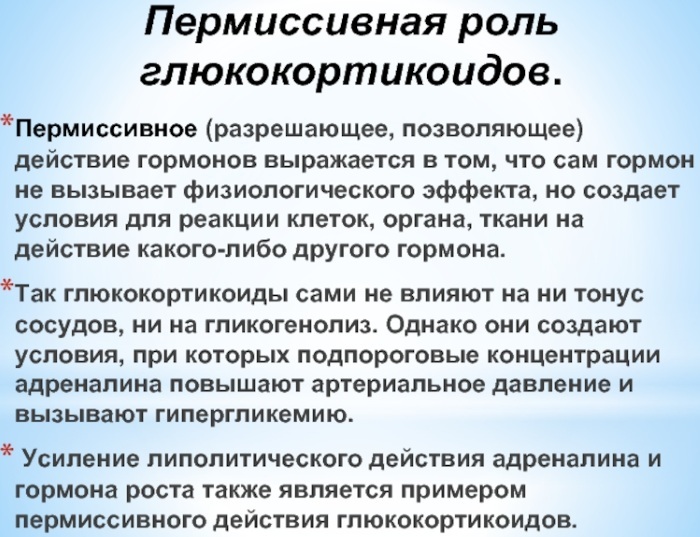
These properties are especially characteristic of naturally occurring steroid hormones, which are produced by the endocrine glands of the endocrine system. Glucocorticoids inhibit the synthesis of somatomedin and insulin-like components, which leads to the effect of inhibition of metabolic processes
Classification
By their nature of origin, glucocorticoids are divided into 2 main classification groups. These are natural, which are produced in the human body, as well as synthetic.
Natural
Glucocorticoids of this type are synthesized by the adrenal cortex. These include biochemically active substances in the form of hydrocortisone and cortisone. The production of these hormonal components is regulated by the pituitary gland, parts of which interact with other parts of the central nervous system.
Synthetic
Synthetic glucocorticoids are obtained in laboratory conditions and on an industrial scale in the pharmaceutical industry. Their main application is the treatment of endocrine, dermatological, and inflammatory diseases.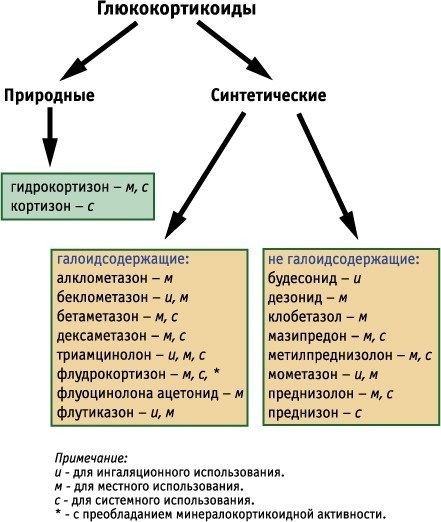
Synthetic glucocorticoids include the following substances:
- prednisone;
- betamethasone;
- prednisolone;
- dexamethasone;
- triamcinolone;
- methylprednisolone.
According to the principle of their action, natural and synthetic steroid hormones are divided into short-term, glucocorticoids with medium duration of exposure and having a long-term effect on the functional activity of the human organism.
The period of biochemical activity of these substances directly depends on the method (tablets or injection solution), the place of their administration and the degree of solubility of the hormonal preparation.
Indications for use
Glucocorticoids (indications for the use of substances in this category are determined by the attending endocrinologist) are actively used to treat the following diseases:
- rheumatoid arthritis;
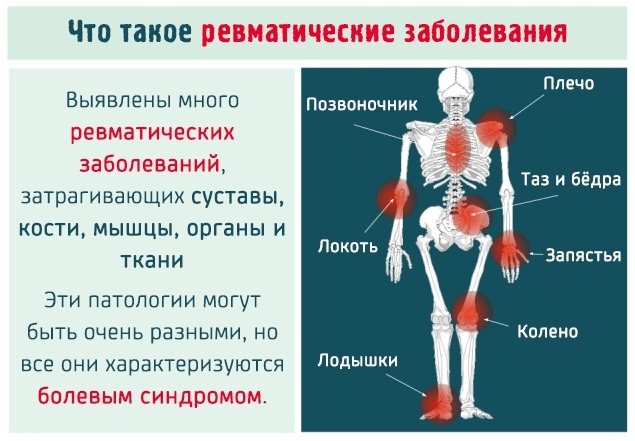
- eczema and allergic reactions that affect the health of epithelial tissues;
- acute form of myeloblastic or lymphoblastic leukemia;
- rheumatism of large and small joints;
- various kinds of collagenoses;
- Infectious mononucleosis;
- acute inflammation of the tissues of the pancreas;
- hemolytic anemia;
- viral damage to liver tissue, accompanied by a violation of its functional activity;
- glomerulonephritis of the kidneys;
- rapid elimination of symptoms of anaphylactic, traumatic, postoperative, burns, intoxication, cardiogenic shock.
The immunosuppressive properties of glucocorticoids allow their active use in the field of transplantation. Synthetic forms of steroid hormones prevent the rejection of previously transplanted tissues and internal organs. Glucocorticoids are used in practical endocrinology, ophthalmology, rheumatology, dermatology, pulmonology, and surgery.
Contraindications
Glucocorticoids are categorically contraindicated for their therapeutic use if a person is diagnosed with the following diseases and pathological conditions of the body:
- severe form of arterial hypertension;
- general circulatory disorders;
- syphilis;
- open form of tuberculosis, regardless of the site of localization of the infectious process;
- progressive osteoporosis;
- acute endocarditis;
- type 1 and 2 diabetes mellitus;
- nephritis;
- ulcerative lesion of the digestive tract;
- a tendency to manifest allergic reactions to steroid hormones.
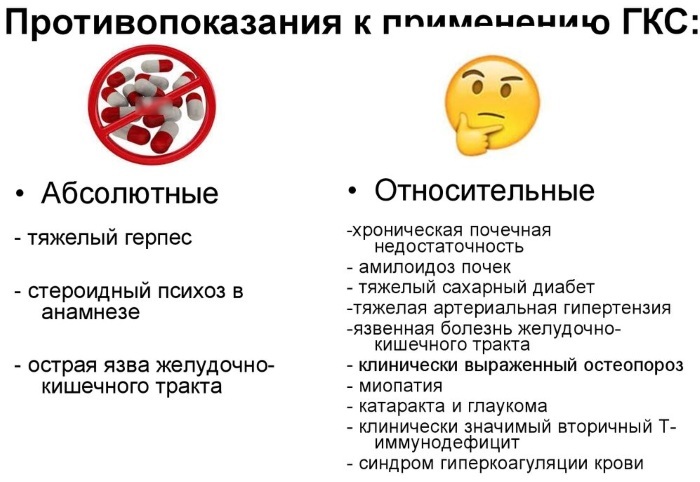 Glucocorticosteroids are contraindicated in women who are pregnant or breastfeeding a baby. Failure to comply with this rule can lead to inhibition of the development process and functional activity of the adrenal cortex in the fetus and already a newborn child.
Glucocorticosteroids are contraindicated in women who are pregnant or breastfeeding a baby. Failure to comply with this rule can lead to inhibition of the development process and functional activity of the adrenal cortex in the fetus and already a newborn child.
Side effects and overdose
Glucocorticosteroids are therapeutically effective drugs that are used in the treatment of a wide variety of diseases.
At the same time, it should be borne in mind that steroid hormones have the following side effects:
- increased blood pressure indicators;
- the occurrence of multiple tissue edema, which appears due to systemic water retention;
- diabetes mellitus, resulting from a violation of carbohydrate metabolism;
- slow regeneration of damaged tissues;
- thrombosis of the great vessels;
- ulcerative lesion of the mucous membrane of the gastrointestinal tract;
- a critical decrease in the protective functions of the immune system;
- violation of a stable menstrual cycle in women;
- overweight gain;
- increased tendency to frequent infectious diseases;
- acute inflammation of the pancreas;
- osteoporosis of bone tissue, accompanied by a systematic loss of calcium;
- aseptic bone necrosis (patients undergoing long-term glucocorticosteroid therapy should pay increased attention to the functional state of joints and other elements of the musculoskeletal apparatus);
- increased nervous excitement;
- a sharp change in mood;
- the development of various kinds of mental disorders;
- a state of euphoria;
- epileptic seizures, accompanied by loss of consciousness and convulsions;
- inhibition of functional activity from the adrenal cortex;
- violations of the organ of vision (the occurrence of glaucoma, increased intraocular pressure, cataracts).
Glucocorticosteroids are potent substances with high biochemical activity. Therefore, the manifestation of other equally severe side reactions of the body is not excluded. In this regard, a person taking steroid hormones must periodically undergo an examination by an endocrinologist, monitor the cellular composition of the blood and the performance of internal organs.
Features of appointment
The use of glucocorticoids is carried out only in extreme cases, when drugs of other pharmacological groups are not effective. When prescribing steroid hormones, minimum dosages are used so as not to disrupt the functions of the endocrine glands.
For children
Most steroid hormones are contraindicated for use in children of all age groups. The restriction on the use of drugs in this category is due to the fact that they cause atrophy of the adrenal cortex, slow down physical and mental development. After the withdrawal of glucocorticoids, the child may experience an acute deficiency of steroid hormones.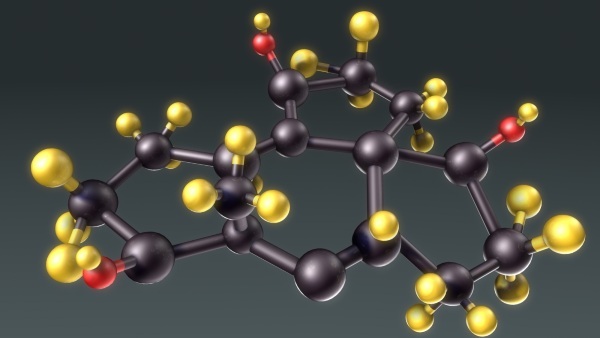
Medicines in this category are used only in case of emergency with the use of the shortest therapeutic courses. Children undergoing treatment with steroid hormones should be constantly monitored by medical personnel.
During pregnancy and hepatitis B
Glucocorticoids are contraindicated in women who are pregnant or breastfeeding a newborn. Taking synthetic drugs in this category can have a negative impact on the formation of the infant's endocrine system.
For allergies
Glucocorticoids suppress the severity of allergic reactions. Preparations based on steroid hormones are prescribed to eliminate dermatological symptoms accompanied by itching skin surface, edema of epithelial tissues and mucous membranes, their redness, the appearance of red or pink rashes.
Mandatory
The essential condition for the successful treatment of allergies using glucocorticoids is the elimination of the pathological source of allergens.
With psoriasis
In psoriasis, glucocorticosteroids are prescribed in order to curb the further progression of this disease with the formation of new psoriatic plaques. In this case, the therapeutic effect of the use of steroid hormones is achieved due to their immunosuppressive properties.
The constituent components of drugs in this category suppress the activity of cells of the immune system, the aggression of which is one of the most common causes of the development of psoriasis.
With asthma
Bronchial asthma is considered a severe form of an allergic reaction caused by external or internal stimuli in the body. Steroid hormones inhibit sensitivity to accumulated allergens, reduce the severity of the immune response, and prevent the occurrence of another bronchial spasm.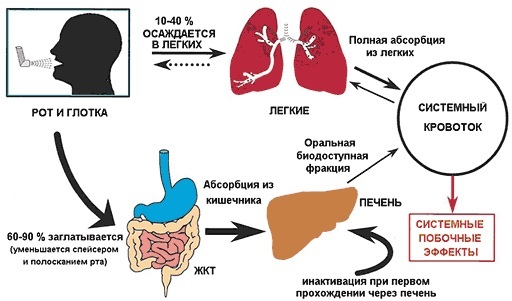
In asthma, glucocorticoids are used in the form of steam inhalation or special aerosols, which are delivered directly to the surface of the bronchopulmonary tissue.
Drug interactions
The table below lists the main medications with which glucocorticoids enter into active biochemical reactions:
| Name or pharmaco-therapeutic category of the drug | Characterization of drug interactions |
| Liver enzyme inducers | Reduces the medicinal and toxic properties of steroid hormones |
| Estrogen-based contraceptives | Enhances the action of glucocorticoids |
| Diuretics, as well as drugs containing digitalis glycosides | The risk of developing arrhythmias and other disorders in the rhythmic activity of the heart muscle increases. |
| Nonsteroidal anti-inflammatory drugs and ethyl alcohol | Possible erosive damage to the mucous membrane of the gastrointestinal tract with the opening of internal bleeding. |
| Immunosuppressants | There remains a high probability of infection of the body with bacterial, viral and fungal microorganisms. |
| Antidiabetic drugs, as well as drugs containing insulin | Steroid hormones weaken the hypoglycemic properties of these medicines. |
| Mexiletin and medicines belonging to the group of salicylates | Glucocorticoids reduce the concentration of the active substances of these drugs |
| Paracetamol | The risk of intoxication of the body increases with signs of severe damage to the liver tissue. |
Patients who are prescribed glucocorticoid therapy should notify their doctor about concurrent administration of any other medications.
Glucocorticoid withdrawal rules
Cancellation of the intake of steroid hormones should occur gradually with a gradual decrease in the therapeutic dosage.
A sharp refusal to use glucocorticoids can provoke an exacerbation of the symptoms of the disease, for the treatment of which drugs of this category were originally used.
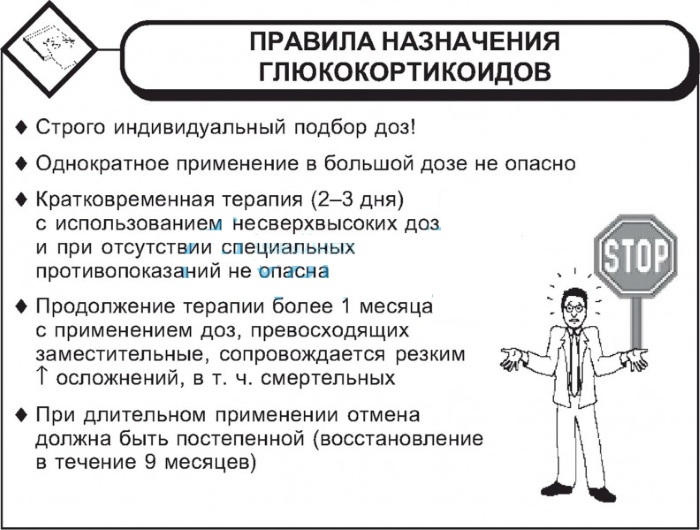 Especially if the patient is on long-term hormone replacement therapy. The severity of the manifestation of the withdrawal syndrome is influenced by how much the patient's adrenal cortex function has been preserved to produce its own steroid hormones. In some cases, a slight malaise, an increase in body temperature, and a general breakdown are not excluded.
Especially if the patient is on long-term hormone replacement therapy. The severity of the manifestation of the withdrawal syndrome is influenced by how much the patient's adrenal cortex function has been preserved to produce its own steroid hormones. In some cases, a slight malaise, an increase in body temperature, and a general breakdown are not excluded.
Conditions of dispensing from pharmacies
The sale of glucocorticoids is carried out only on the basis of a prescription from the attending physician.
Preparations, which include GCS, their prices
Glucocorticoids (indications for the use of these medications are established based on the results of diagnostic examination of the patient) are available in the form of ointments, gels, tablets, capsules, injection solutions, aerosols.
For indoor use
For internal use, the following types of steroid hormones have been created:
- Korniteff - 133 rubles;
- Dexamethasone KRKA - 45 rubles;
- Polcortolone - 382 rubles;
- Metipred - 205 rubles;
- Prednisolone Simpex Pharma - 78 rubles.
The above drugs are available in the form of tablets covered with a protective film and capsules made of edible gelatin.
For injection
There are the following types of drugs, which are sterile solutions for injection:
- Solu-Medrol - 603 rubles;
- Diprospan - 295 rubles;
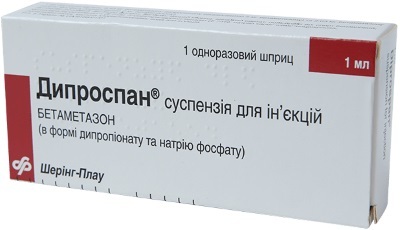
- Hydrocortisone Richter - 231 rubles;
- Kenalog - 986 rubles;
- Prednisolone bufus - 160 rubles;
- Dexamethasone-Vial - 215 rubles.
These medicines are characterized by faster absorption into the general bloodstream, high pharmacokinetic activity and rapid distribution in all tissues of internal organs.
For topical use (topical)
For external application, the following steroid hormone-based ointments are used:
- Locoid - 280 rubles;
- Lorinden S - 260 rubles;
- Hydrocortisone-POS - 75 rubles;
- Celestoderm - 365 rubles;
- Ftorocort - 250 rubles.
The advantage of topical preparations is the minimal risk of side effects and the ingress of a small amount of steroid hormones into the general bloodstream.
For inhalation
Glucocorticoids (indications for the use of these drugs are determined by an endocrinologist, pulmonologist, ophthalmologist, surgeon, dermatologist) are included in the composition of the following medicines that are used for inhalation:
- Inspirax - 390 rubles;
- Beklazon Eco - 348 rubles;
- Pulmicort - 850 rubles;
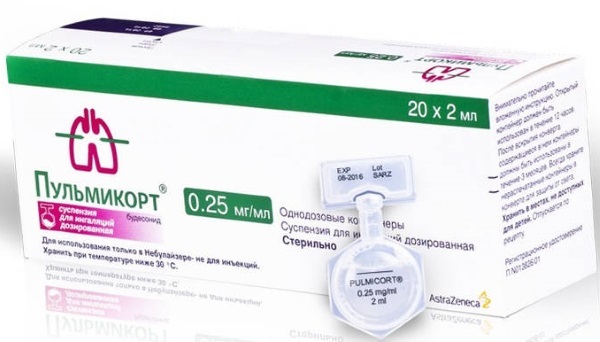
- Klenil - 849 rubles;
- Budesonide izichailer - 809 rubles.
Therapy with steroid hormones by performing inhalation procedures involves the use of aerosols and special solutions.
Glucocorticoids are steroid-type hormones that are produced by the adrenal cortex.
In medicine, these biochemical substances are indicated for use for the treatment of dermatological diseases, rheumatoid pathologies. musculoskeletal system, bronchial asthma, psoriasis, various kinds of allergic reactions, elimination of shock conditions, suppression inflammatory process.
Glucocorticoids are classified into natural and synthetic hormones. In the first case, biologically active substances of this type are produced by the adrenal cortex. In the second, they are a product of industrial synthesis, but they have similar properties.
Video about GKS
Mechanism of action and synthesiss glucorticosteroids:



